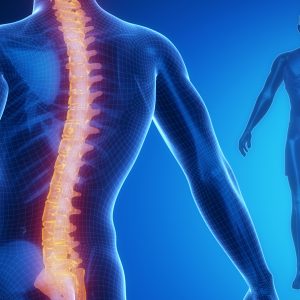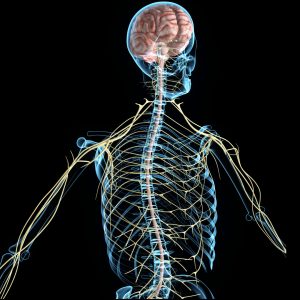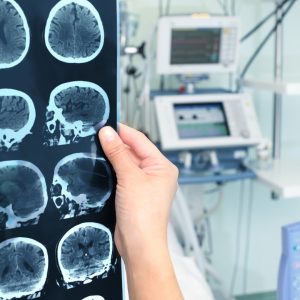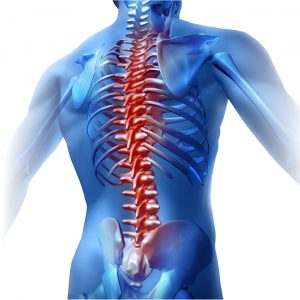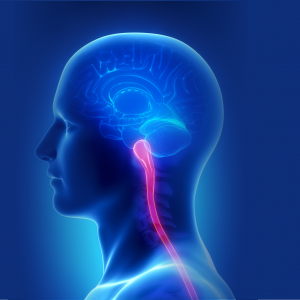Thoracolumbar and pelvic surgery for deformity and scoliosis: In the last decade, neurosurgeons have taken the lead in not only nerve and spinal cord decompression but correction of adult deformity. Deformity may occur from recent or remote trauma; falling forward progressively into “kyphosis” due to infection, trauma, cancer, or other causes; progression of rheumatologic disorder,...
Project Category: NeuroSurgery
Peripheral Nerve Neuropathy
Peripheral neuropathy is the term for damage to nerves of the peripheral nervous system, which may be caused either by diseases of or trauma to the nerve or the side-effects of systemic illness. The four cardinal patterns of peripheral neuropathy are polyneuropathy, mononeuropathy, mononeuritis multiplex and autonomic neuropathy. The most common form is (symmetrical) peripheral...
Intracranial/Brain Disorders
Some brain conditions may be followed with observation, clinical examination, and or serial imaging studies. At OCNA your neurosurgeon will help guide you to the appropriate treatment option. Some conditions of the brain require surgical intervention. Some of the more common treatments are listed below. Brain Tumors Cyberknife Radiosurgery Pituatary Tumors Trigeminal Neuralgia Hydrocephalus Deep...
Spinal Cord Stimulation
Spinal cord stimulation is offered for patients with severe claudication, complex regional pain syndrome or causalgia (RSD) or intractable radiculopathy unresponsive to surgery or medication. Class I evidence demonstrating efficacy have been published in the Journal of Neurosurgery and the Neurosurgery journal. Whereas 1 in 10 patients with multiple back surgeries’ history may have relief...
Spine
Most spinal problems involving the cervical spine, thoracic spine, and or lumbar spine can be treated conservatively without surgery. Time, rest, anti-inflammatory medications, and physical therapy, are often safe and effective in the treatment of common spinal problems. Certain problems may require surgical intervention. The following procedures are commonly used to treat spinal problems refractory...


